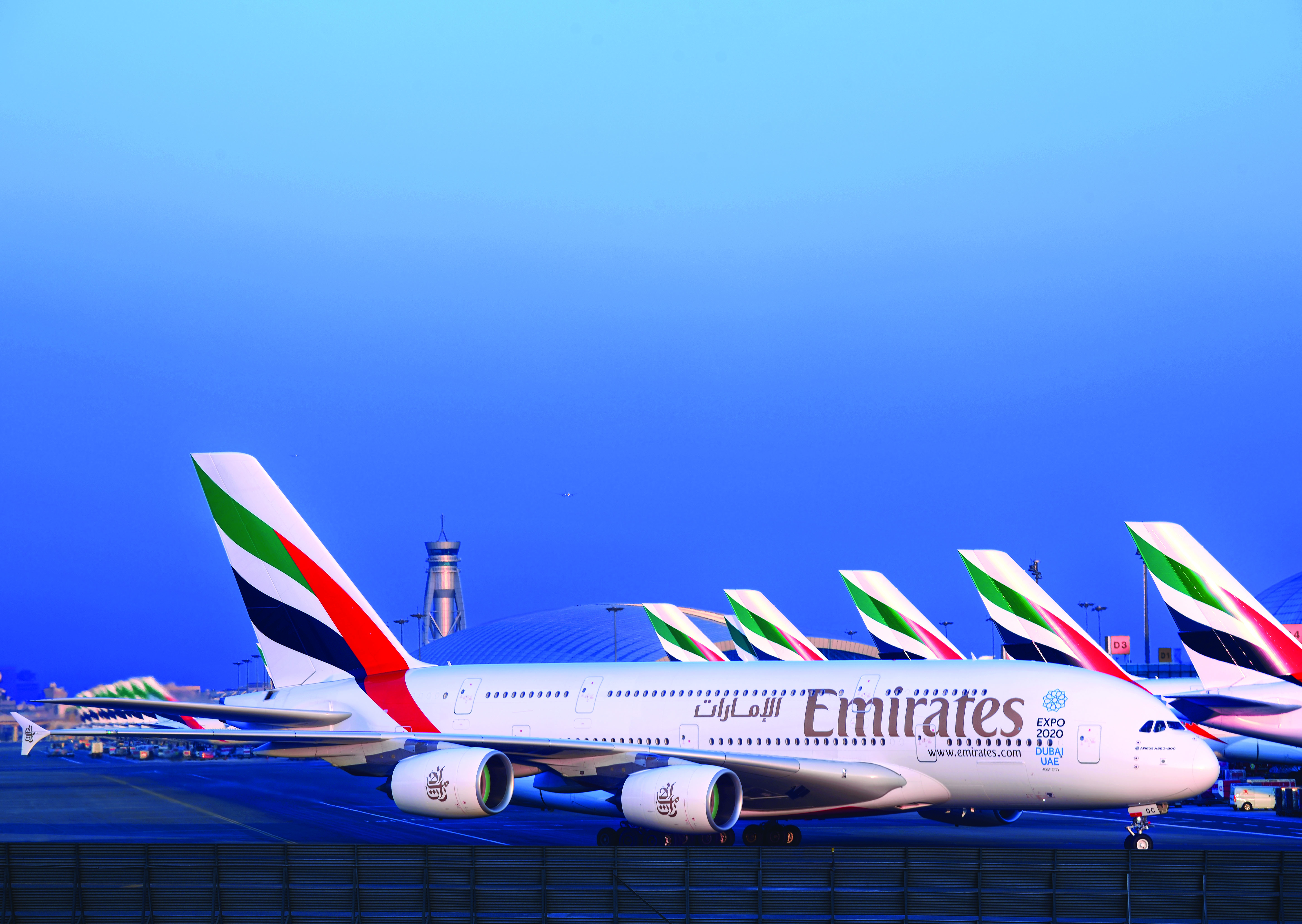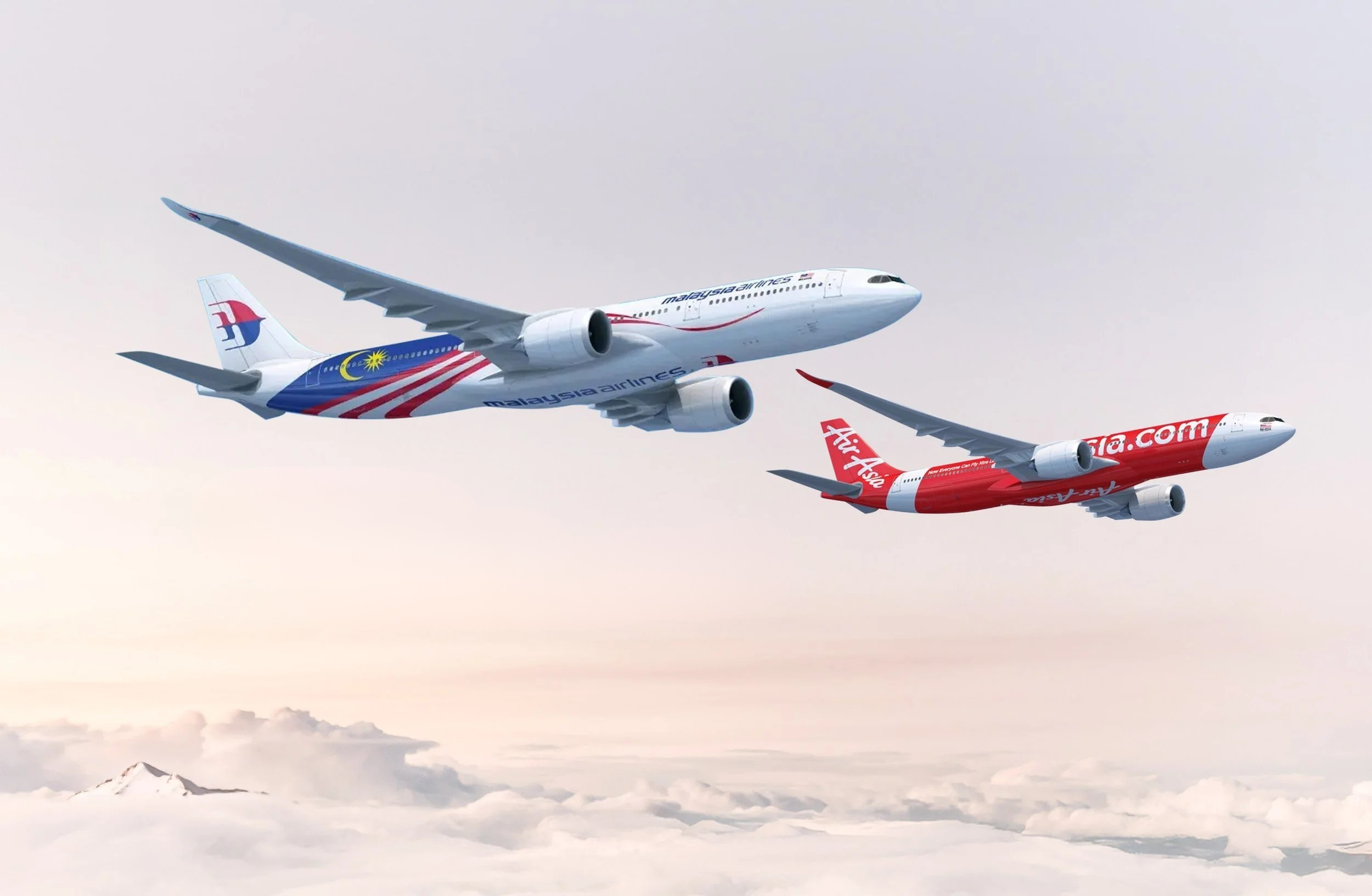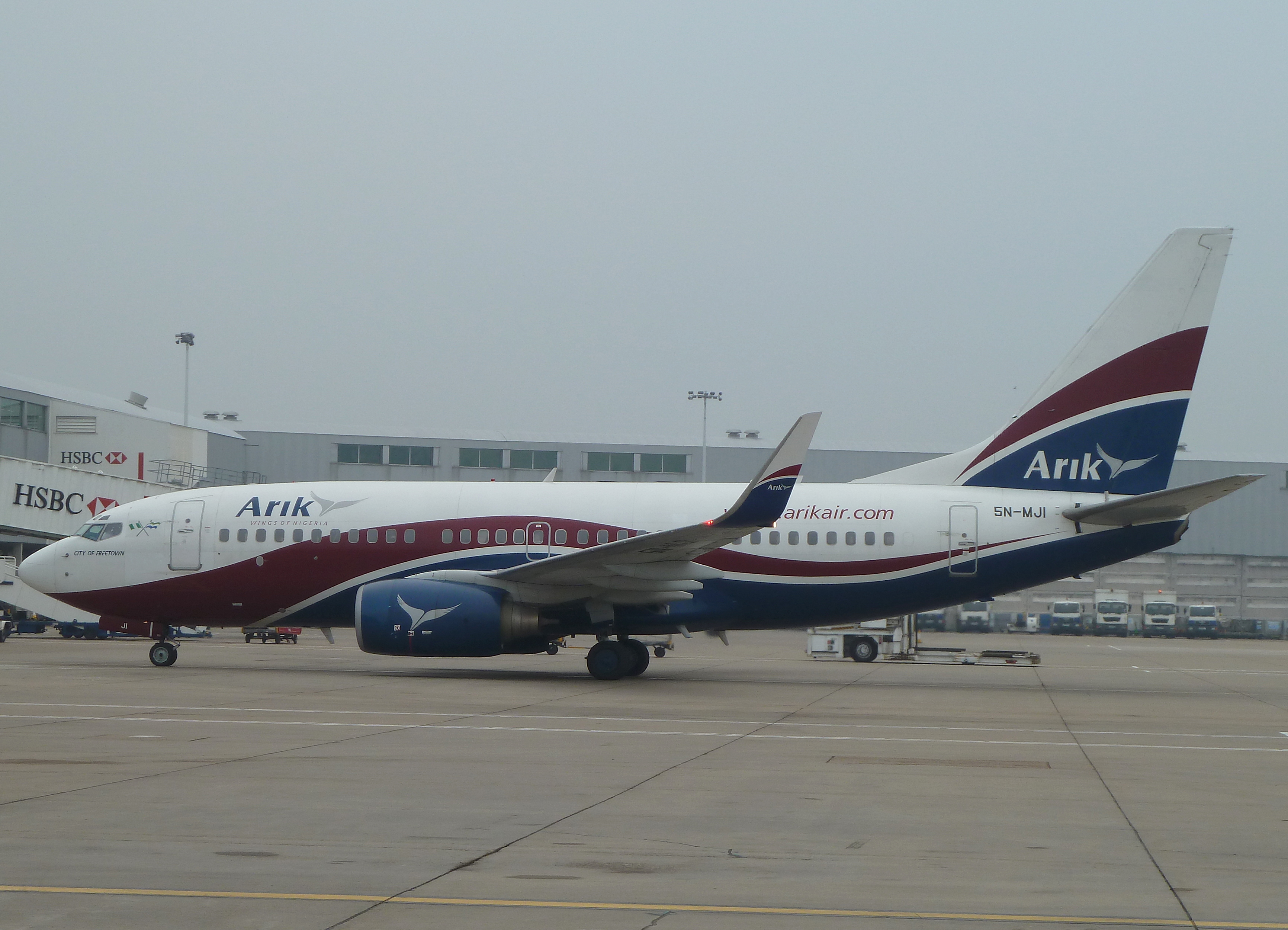The world is watching as the Obama White House, in its last months in power, forces through new rules backing air travellers that it says will lead to a more competitive market.
The rule changes in the world's biggest domestic air travel market have been rammed through by Democrat President Barack Obama's hand-picked transportation secretary, Anthony Foxx, using so-called executive orders so that they bypass debate in the hostile Republican-controlled Congress and Senate.
And, instead of being hailed as useful reforms, they have been met with either indifference or hostility by the American aviation industry media, as well as by the airlines.
In the first of the rule changes, the Department of Transportation (DOT) has announced that, by the end of the year, online travel retailers will be prohibited from "undisclosed biasing of flight offerings on behalf of certain airlines".
Foxx says the rule stems from "a concern certain agents may be offering flights based on relationships with certain carriers” rather than providing a neutral rundown of offerings based on fares or schedules.
“We want to make sure we get as much transparency as possible,” Air Transport World quoted Foxx as saying.
But, like most government meddling in competitive markets the DOT is either implementing or contemplating, critics have pointed out that the potential for unforeseen consequences is everywhere.
For a start, mandating what relationships airlines and their suppliers may have with each other effectively abolishes competition in the chosen area.
The second rule change mandated by the DOT is an expansion of the gathering of performance statistics to "stop airlines from data cherry-picking", according to a briefing by the White House – an indication of how seriously the Obama administration is taking the changes.
From January 2018, US domestic airlines will be required to report competitive data, such as on-time performance, for all airlines that fly under their brand names and not just the mainline carriers. By expanding data-gathering to include all airlines with more than 0.5 per cent of industry revenue (market share) from the current one per cent, that rule is designed to capture regional affiliate airlines and some minor niche players that current aren't required to report.
On the face of it, though it won't affect travellers in a major way, that is a useful reform as the US has been the world leader in publishing competitive information that consumers can use to choose their carrier when booking travel.
The US was the first jurisdiction to publish on-time performance statistics so consumers can see which airlines are punctual and which aren't.
However, critics point out that by targeting smaller airlines, the compliance burden will fall on those least able to pay for the extra staff required. Regional airlines in America are notorious for their wafer-thin margins and bankruptcies are common.
The DOT has also signalled it is proposing two future rules – the first to require airlines to refund baggage fees when luggage is "substantially delayed"; the second requiring airlines to disclose an "all-up" fare that includes optional fees for items such as baggage, seat assignment and booking change or cancellation.
These two areas open a giant can of worms as they involve potentially large financial penalties for airlines.
Incredibly, the DOT doesn't even know what a "substantial delay" is. Rather than proposing that, say, a sliding scale of penalties will apply if baggage is lost for more than 24 hours, the department says it is still soliciting comments on what constitutes a "substantial delay".
In any case, critics say the DOT appears determined to eliminate competition between airlines on conditions of carriage for baggage and incentives they may use to win business.
But it is the second area of future rule-making that has airline managers alarmed as it suggests regulation of the new centrepiece of airline pricing, optional extras or ancillary revenue.
"DOT will be conducting a rulemaking to explore whether airlines should be required to share fee information for such services or products (like baggage, advance seat assignments and priority boarding) with ticket agents, so that customers can get an all-in-one price when they shop online," the White House briefing says.
"DOT will also determine which fees will have to be included, potentially including baggage fees, seat assignment fees, and change and cancellation fees.
The DOT is talking of forcing airlines to disclose "all-up pricing" and seems to suggest that optional items should be included.
While such a ruling looks like it would be unworkable, it would also see the government meddling with airline marketing of their products to consumers.
Other jurisidictions such as Australia have much more stringent consumer laws than the US and insist only that airlines must declare compulsory fees, while optional extras are fine.
Needless to say, the airline industry is scathing of Washington's latest actions.
"It would be difficult to find an industry that is more transparent than the airline industry; customers always know exactly what they are paying for before they buy," says Airlines for America (A4A) president and chief executive Nick Calio. "Dictating to the airline industry distribution and commercial practices would only benefit those third parties who distribute tickets, not the flying public.”
Have questions or want to share your thoughts?
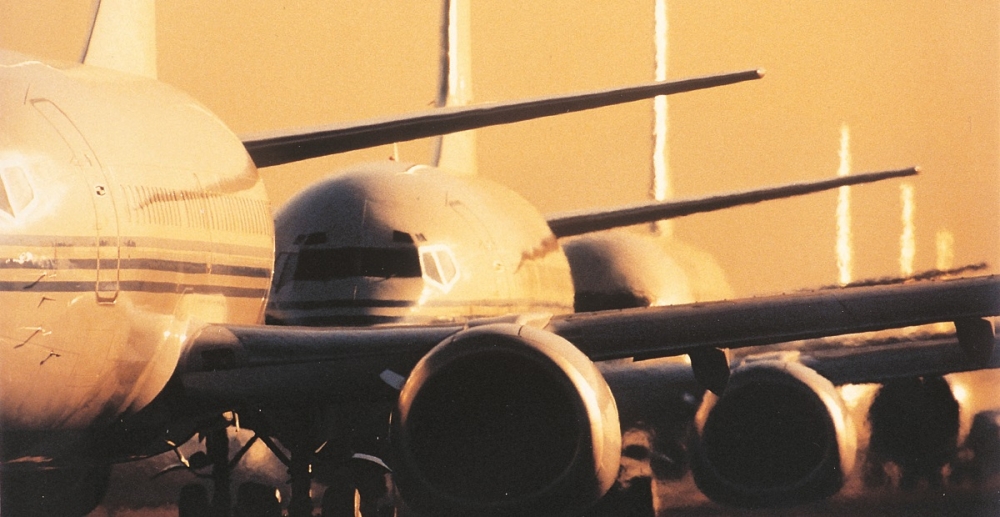
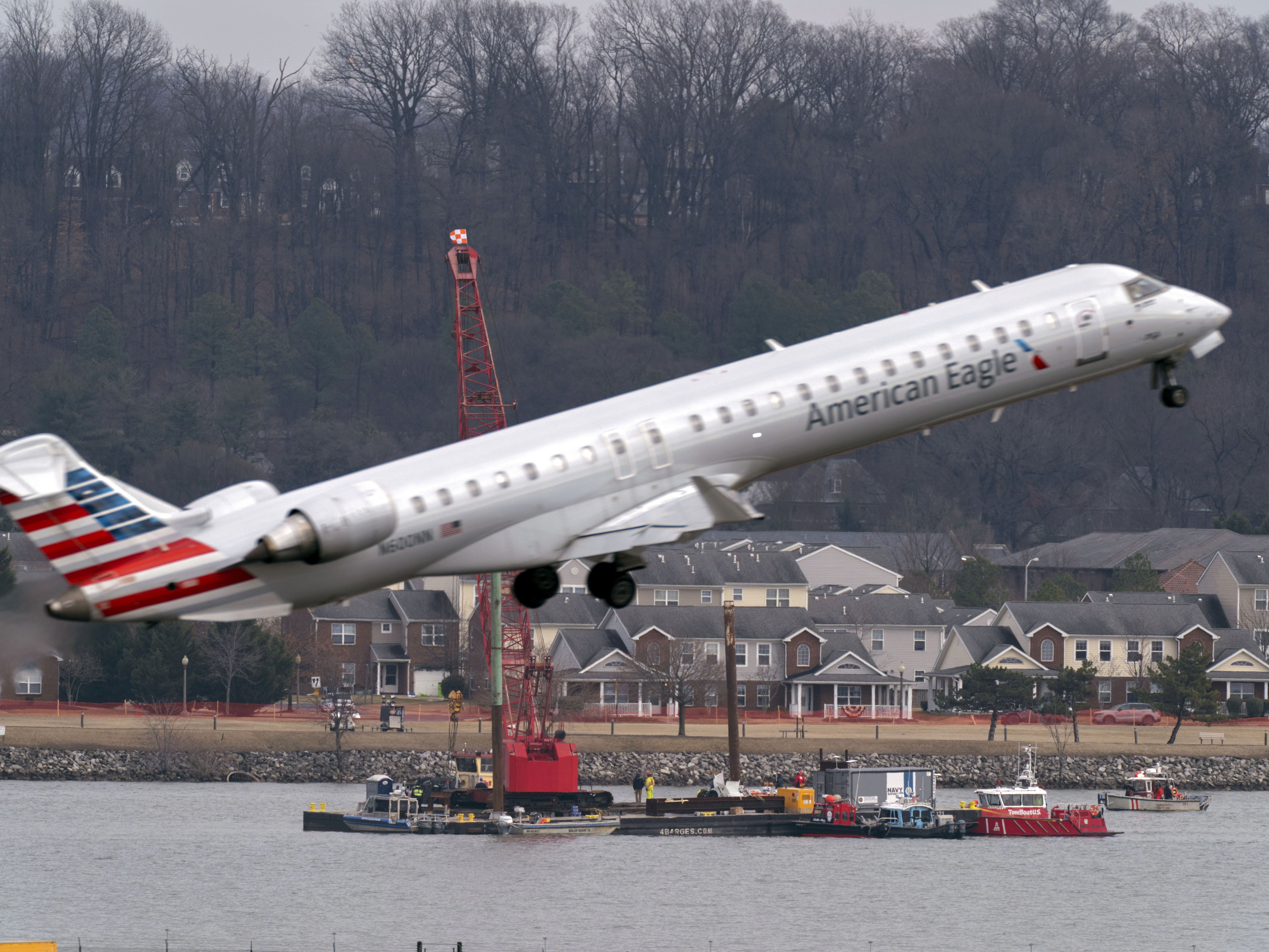
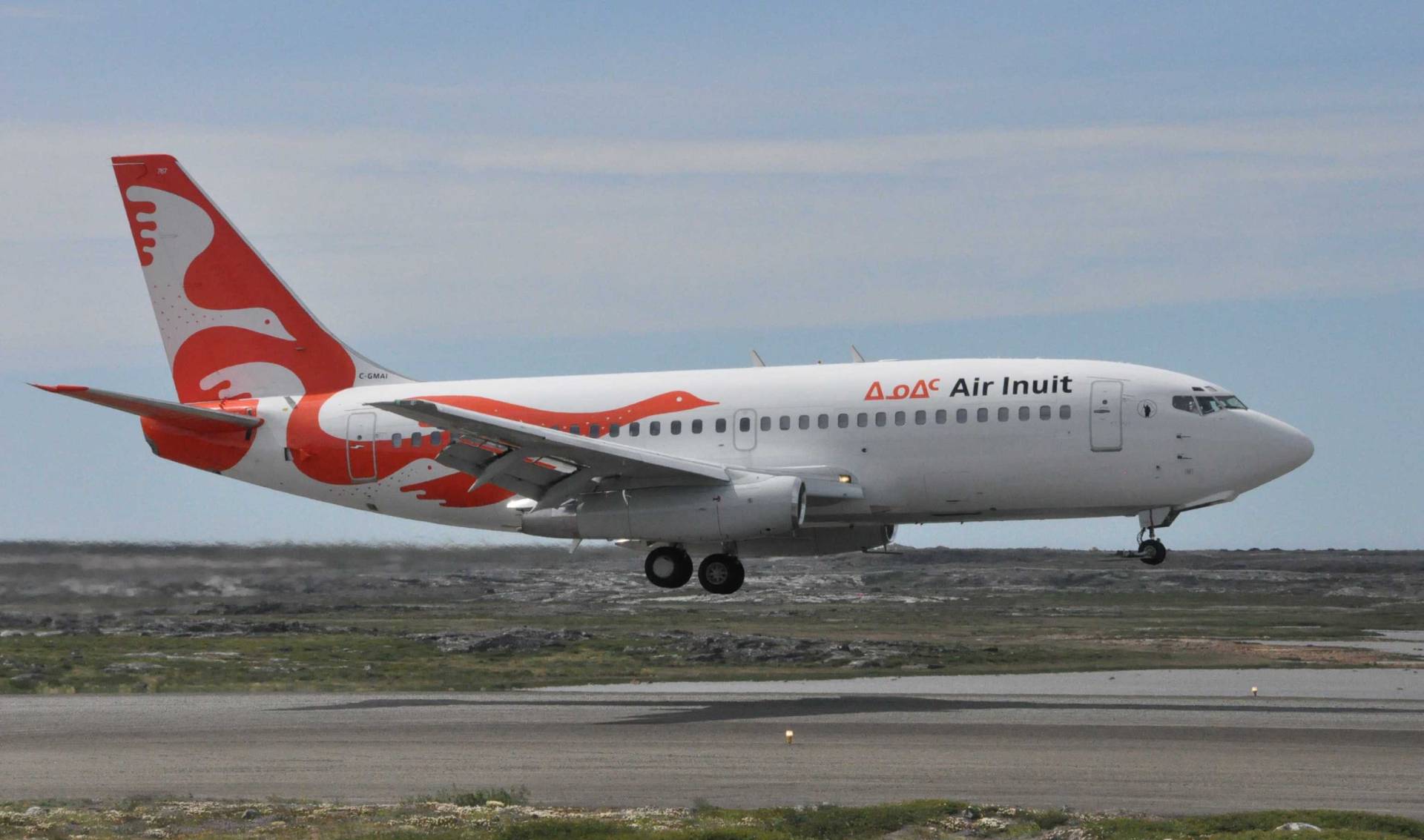
.jpg)
